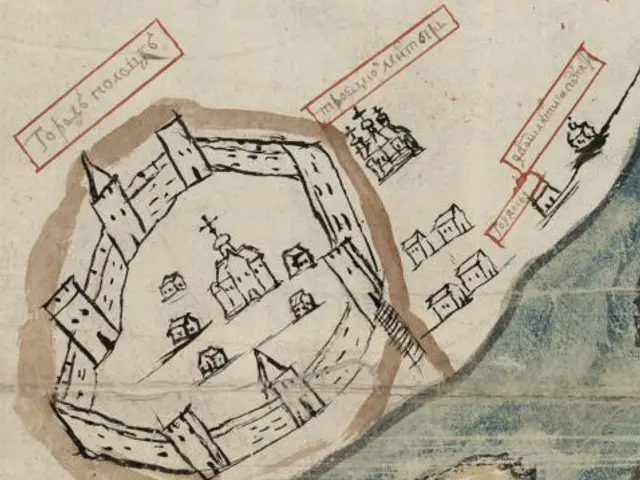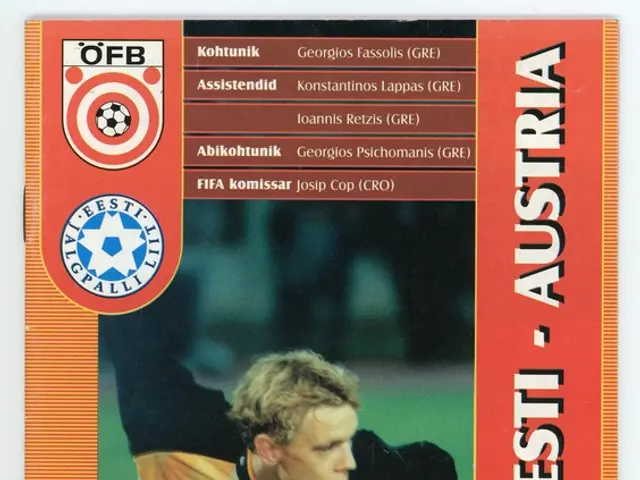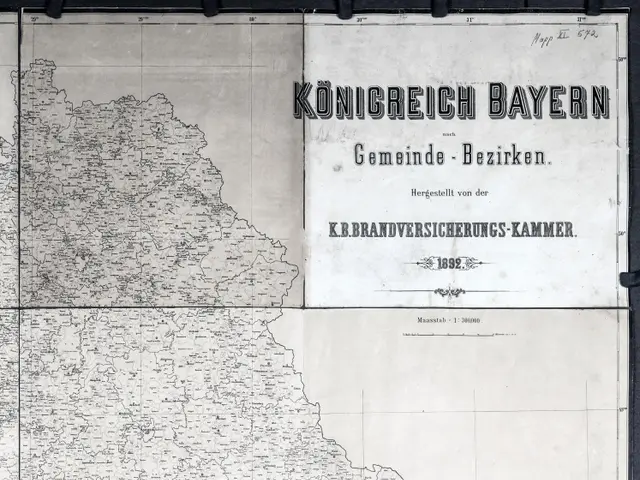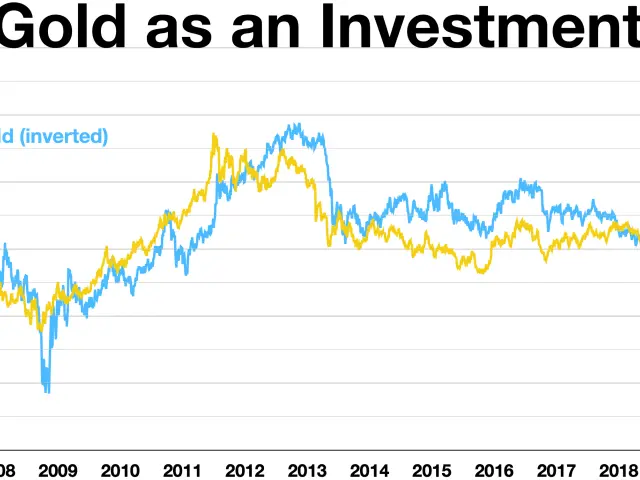NCAA Denies Preliminary Injunction to Ex-Tennessee Guard Zakai Zeigler; Battle Continues Against College Sports Governing Body
Zakai Zeigler, ex-Tennessee guard, faced a setback last week as a judge turned down his appeal for another year of eligibility due to the NCAA's "Four Seasons" rule. The lawsuit, filed in the Eastern District of Tennessee, argues that the rule is an unfair restraint of trade, violating antitrust laws.
In the case, Zeigler's legal team argued that the NCAA's rule, which only permits players four seasons of competition in five years, is a blatant antitrust violation. They pointed out that Zeigler could potentially earn upwards of $4 million next season, a significant sum prevented from being earned due to the NCAA's rule.
However, Judge Katherine Crytzer disagreed, stating, "The court is a court of law, not policy. What the NCAA should do as a policy matter to benefit student athletes is beyond the reach of the Sherman Act and TIPA." The judge also denied the injunction claiming insufficient evidence supporting the plaintiff's harms, which are primarily of a monetary nature.
Despite the negative ruling, there's a glimmer of hope for Zeigler, as the judge hinted at a different approach if Zeigler's team presents evidence of substantiated harm. The judge acknowledged that the market realities have changed since the Alston case, meaning the legal analysis may shift if presented with strong evidence.
Rosters for basketball teams have specific limits, and the judge suggested that an injunction could harm current athletes at enrolled schools, as well as high school athletes during recruitment. However, Zeigler's legal team can take a fresh approach and provide further evidence to argue their case more robustly.
By presenting detailed financial projections, comparative analyses, and legal and policy arguments, Zeigler's team could create a stronger case, proving that the "Four Seasons" rule unfairly restricts athletes' opportunities for financial gain and unjustly limits their eligibility. Additionally, expert testimony, such as from economists and sports law experts, can bolster their argument, ensuring a stronger appeal to the ruling.
Zeigler's legal team could strengthen their argument against the NCAA's "Four Seasons" rule by providing detailed financial projections and comparative analyses, demonstrating how the rule unduly restricts athletes' potential earnings in basketball, such as Zeigler's estimated $4 million next season. Moreover, by incorporating expert testimony from economists and sports law specialists, they can bolster their case, providing a more compelling appeal to the judge.







